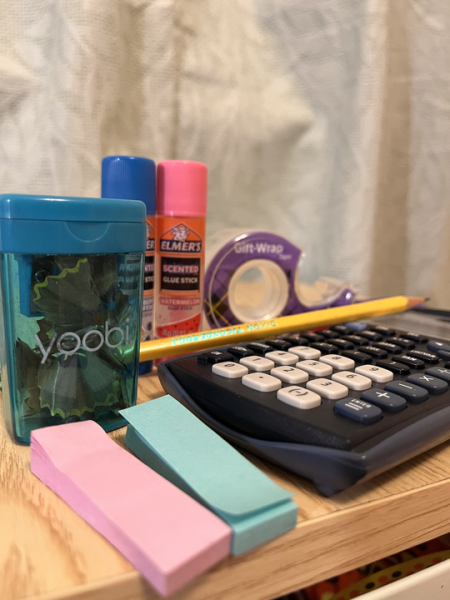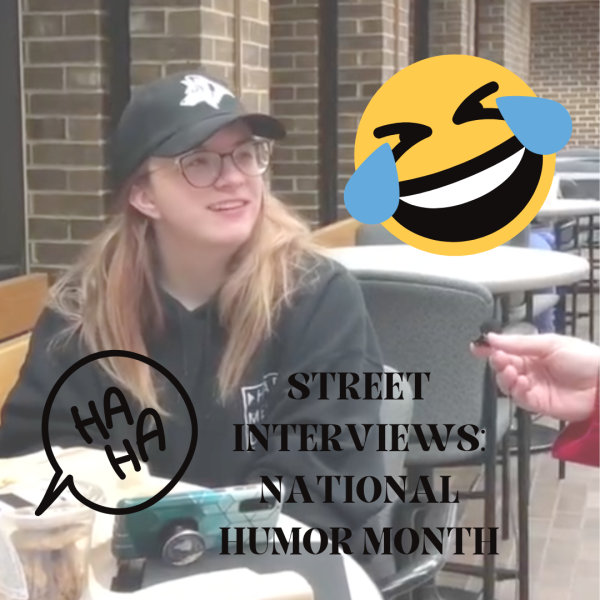The First Lady should have just said no to borrowing
November 1, 1988
My favorite Reagan has disappointed me. After promising in 1982 that she would henceforth “err on the side of caution” and list her borrowed designer frocks on financial disclosure forms—for “informational purposes only”—Nancy Reagan changed her mind.
Since then, according to an undisputed report in Time magazine, the First Lady has borrowed scores of gowns and items of jewelry—and reported none of them, because she thought it ethically unnecessary.
As her press secretary Elaine Crispen put it, “She set her own little rule and she broke her own little rule.”
Sorry. She was right the first time.
I’m willing to leave it to the legal experts to determine whether the continued unreported “borrowing” was a violation of the 1978 Ethics in Government Act, which requires the reporting of gifts of more than $100 and loans valued at $10,000 or more.
But so far as what she ought to have done is concerned, it seems clear that she was right when she opted to “err on the side of caution” and report the loans.
Nor do the official reactions make much sense to me. “She has a friendship with these (designers), who have given her an open invitation to let them know when she needs something for special occasions,” her press secretary said.
Friendship is a flexible term, but surely for the President’s wife to borrow a gown from a designer in the business of selling gowns is a little different from my wife borrowing a necklace from her friend Diane. The designer whose frocks Mrs. Reagan prefers—James Galanos, Bill Blass, Oscar de la Renta and, her favorite, Adolfo—reportedly retail for anywhere from $1,000 to 25 times that amount.
The President called the reports of his wife’s high-fashion borrowing a “cheap political shot.”
I’ll admit the members of my profession have taken some unfair shots at the Reagan I admire, but this wasn’t one of them.
I thought that the beating she took for trying to protect her husband from Don Regan was undeserved. I defended her for doing what a loyal wife ought to have done.
I think she still gets too little credit for her anti-drug efforts, and too many easy jokes for her “Just say no” campaign. If the question is the international traffic and money-motivated distribution of illegal narcotices, “Just say no” seems a ludicrous response. But Nancy Reagan doesn’t lecture drug lords. Her message is to children who may find themselves under incredible peer pressure to experiment with drugs and who may need some guidance in resisting the pressure. For them, her advice makes all the sense in the world. Instead of trying to figure out how to keep within the law without appearing too square, instead of trying to develop some really hip way of refusing the offer of a joint or a hit or an illicit pill, she tells them, the easiest course is the direct one: Just say no.
Maybe she thinks there is nothing wrong with borrowing a gown from Oscar or James or Bill. But it ought to have been clear to her that these designers were hoping not only to get her hooked on their wares but, through her, to hook some of the people over whom she has influence. It may have been friendship to her, but for them it was business.
In addition, she should have seen the insidious nature of the arrangement. “Borrowing” for special occasions can become habit-forming, given the number of special occasions that come a First Lady’s way. She should have seen how easy it is to go from temporary “borrowing” to loans of a more permanent nature. At what point does an unreportable loan become a reportable gift? The Monday morning after the special occasion? Two months later? After the fashion has changed? According to the Time report, about half of the loans from one designer, David Hayes of Los Angeles, were never returned.
I’ve read all the explanations from the ethics czars: the report that then-White House counsel Fred Fielding advised her to report the loans, later advice from the Office of Government Ethics that such reporting was not required, promises to “look at” the issue again.
But it’s all beside the point. The point, to use Elaine Crispen’s locution, is that my favorite Reagan “broke her own little rule.”
When the wonderfully tempting calls came from people who wanted to use her for their own purposes, Nancy Reagan didn’t “Just say no.”













